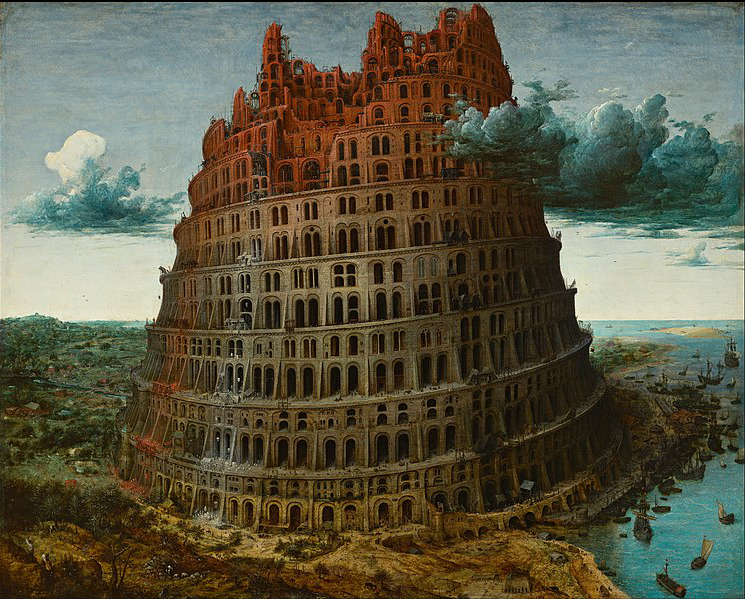AnthroState Talks
We’re currently getting ready for our the next season of AnthroState Talks! If you’d like to present your work, get feedback on a draft, or think through an idea with your colleagues, please get in touch with keye.tersmette(at)rhul.ac.uk.
AnthroState Talks is our network’s monthly meeting (typically held the first Thursday of the month, at noon GMT/1pm CET/2pm EET) for sharing new ideas, work-in-progress, or completed work with our peers. In an informal setting online, our presenters talk about their work for twenty minutes before we open the floor for questions and discussion. From time to time we will also have general discussions with the theme “the State in the Crossfire.” In these meetings we weave together our insights from past talks as we consider and answer pre-circulated questions. Please see below for a list of upcoming talks, and for summaries of our past talks.
Organizers:
Elizabeth Challinor (CRIA/UNL Lisboa)
Keye Tersmette (Harvard University)







